| Sorted by date | |||
page217from Building Ideas
shifted dramatically once more. From being
a question of epistemology concerning the different modes of knowledge, the
issue then became one of ontology, or the fundamental nature of human being. In
Heidegger’s work, understanding became the basic mode of being, and he set out
to describe the world in which this being is situated. In Chapter 3 we
discussed the general direction of Heidegger’s work as he progressed from an
emphasis on the everyday “lifeworld” towards the gradual privileging of
language. The discussion of tools provides a good example of the understanding
of objects according to context, with the hermeneutic circle in this case
consisting of a network of related practices. An object thereby becomes
meaningful in relation to other pieces of equipment and, in Heidegger’s terms
this opens up a world in which the object can in interpreted. There is also an
anticipatory dimension to this structure of contextual relations, in that it
necessarily precedes any particular object or act of perception. As Heidegger
writes in Being and Time, concerning this quality of pre-existence:
Whenever
something is interpreted as something, the interpretation will be founded
essentially upon fore-having, fore-sight, and fore-conception. An
interpretation is never a presuppositionless apprehending of something
presented to us.4
The
emphasis on language as the “house of being” that becomes a characteristic of
Heidegger’s later writing is one of the themes picked up by his student, a
fellow German, Hans-Georg Gadamer. In his major work, Truth and Method,
published in German in 1960, provided an in-depth history of hermeneutics as
well as developing his own contribution. Gadamer also picked up on Dilthey’s
notion of separating explanation from understanding, claiming that the sciences’
use of the former relies on an alienation between object and observer. The
ideal of objectivity in the kind of knowledge sought by the sciences is seen to
be premised on a clear separation of interpreter from experiement.
|
|||
|
|
|||
|
|
 ... ...
... ...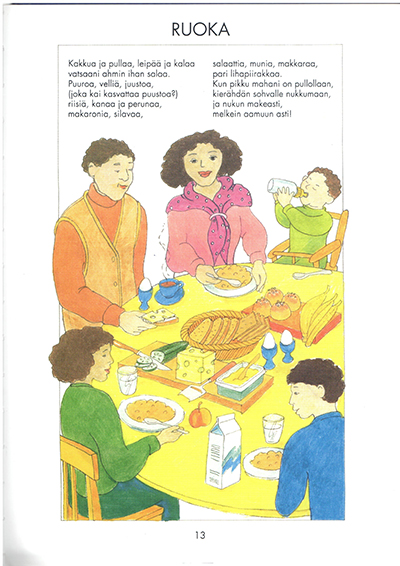 ... ...
... ... ... ...
... ... ... ...
... ...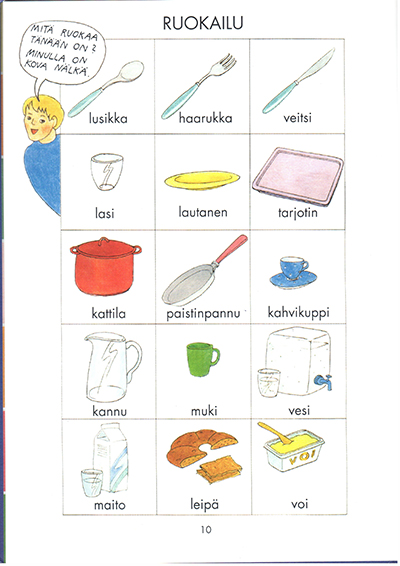 ... ...
... ...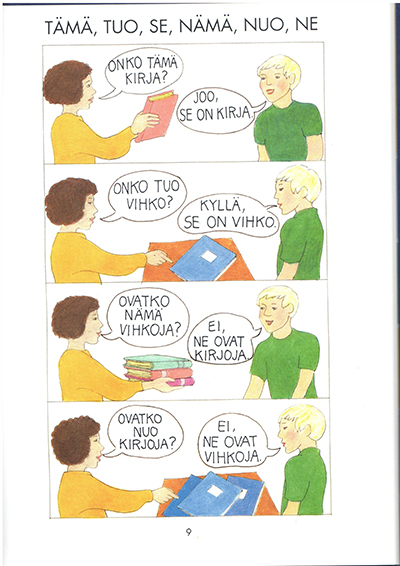 ... ...
... ...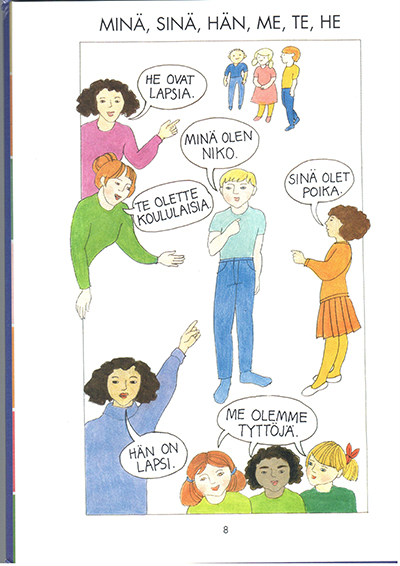 ... ...
... ...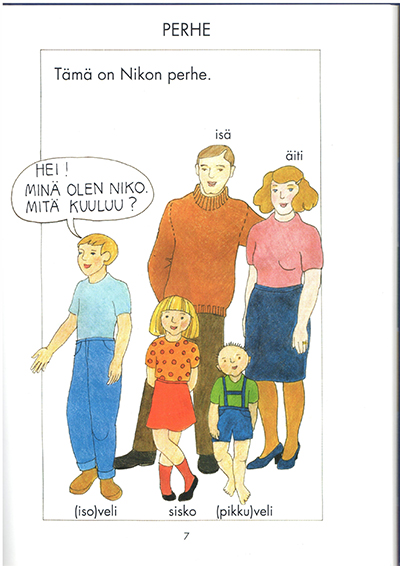 ... ...
... ... ... ...
... ...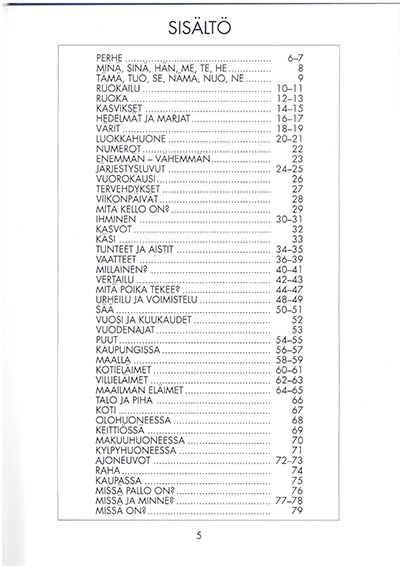 ... ...
... ... ... ...
... ... ... ...
... ...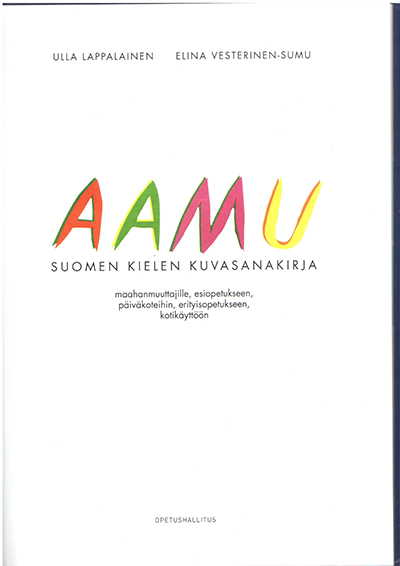 ... ...
... ...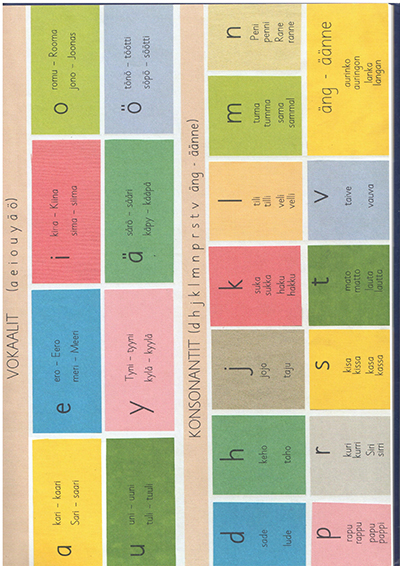 ... ...
... ...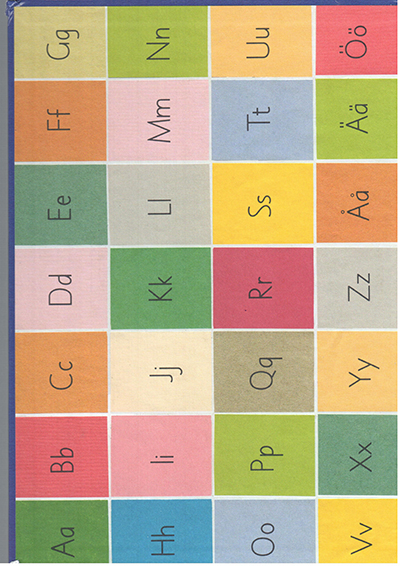 ... ...
... ...